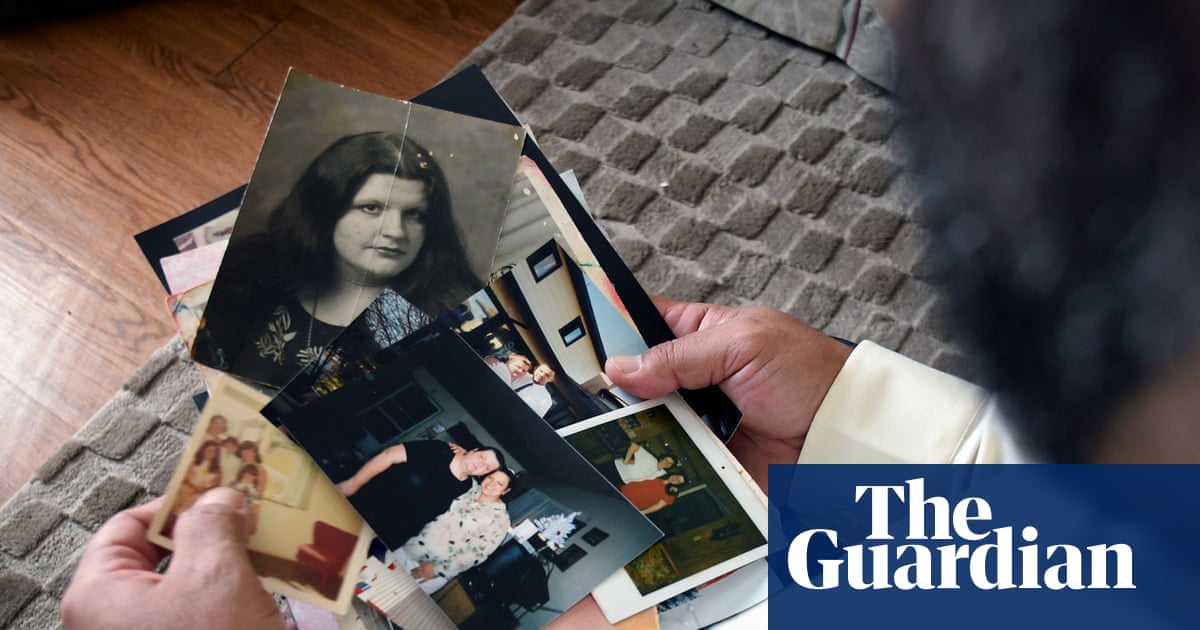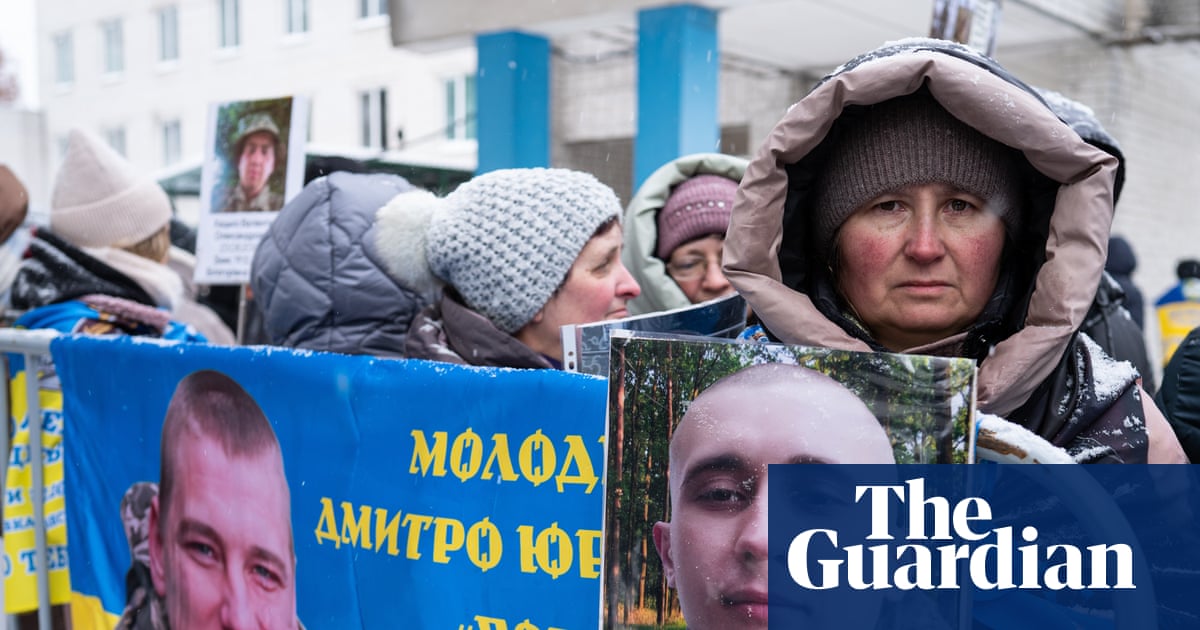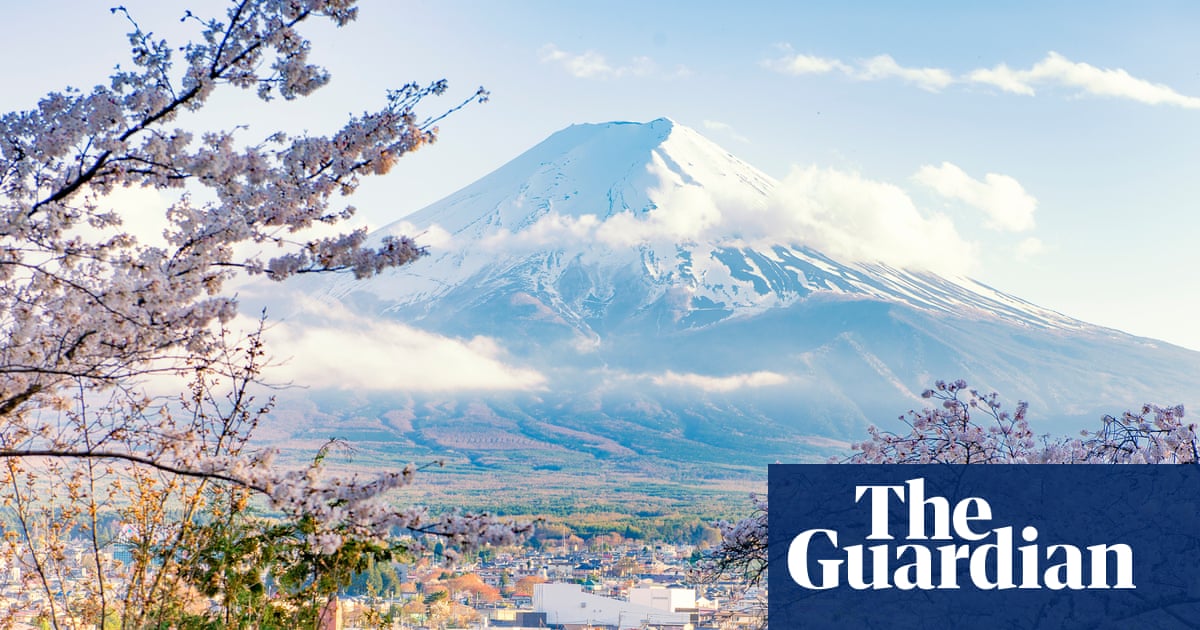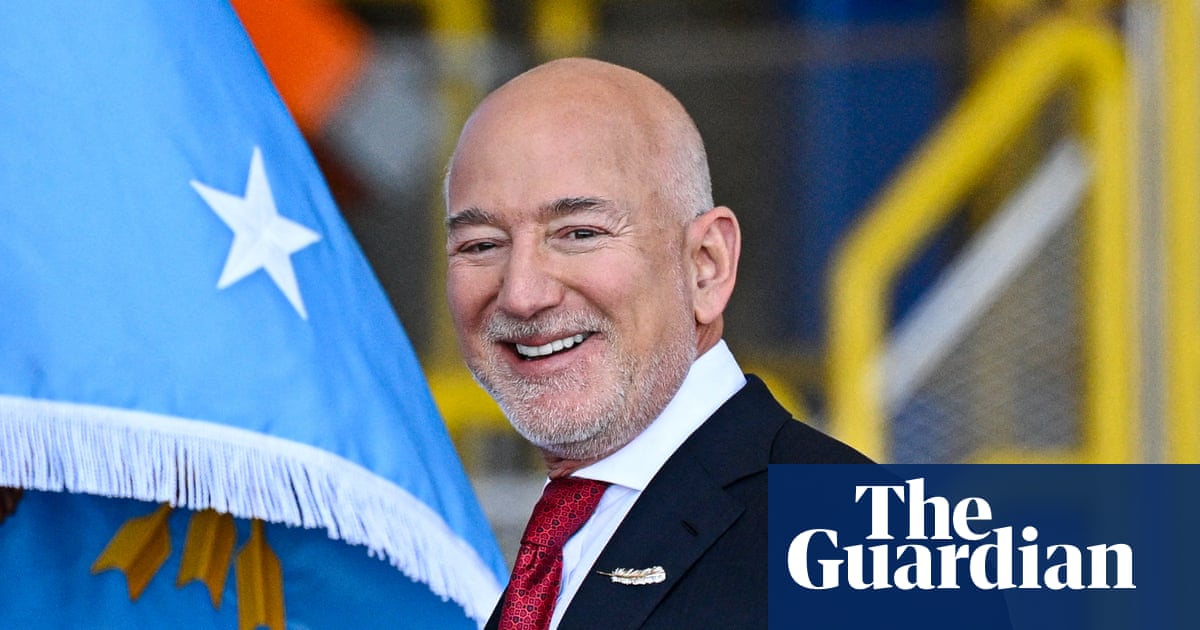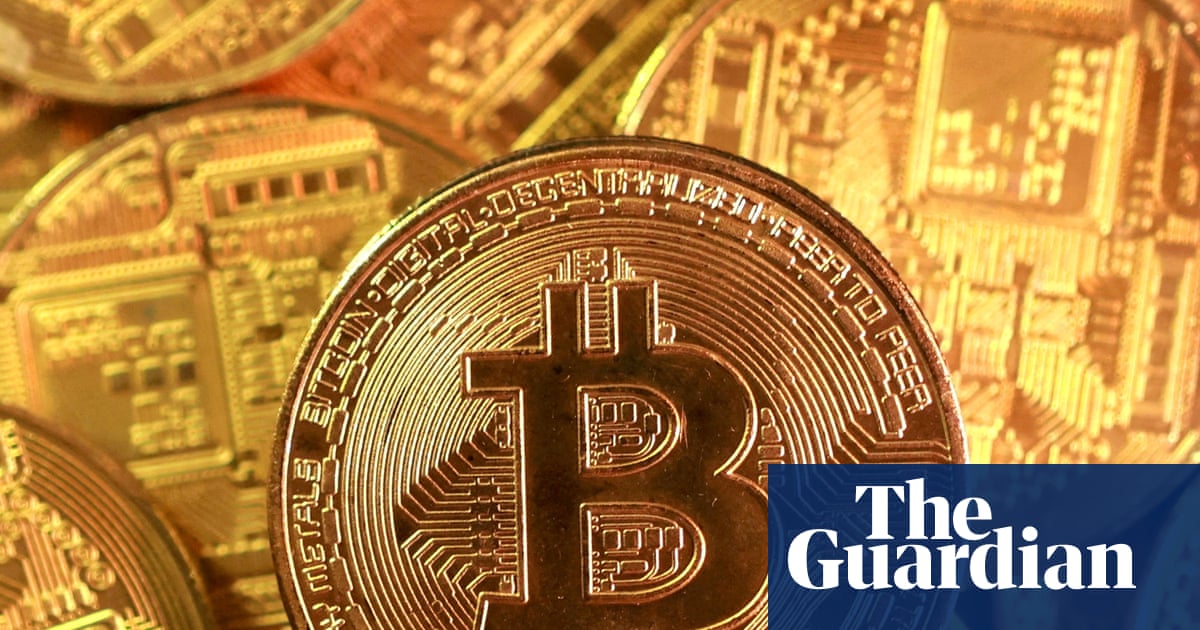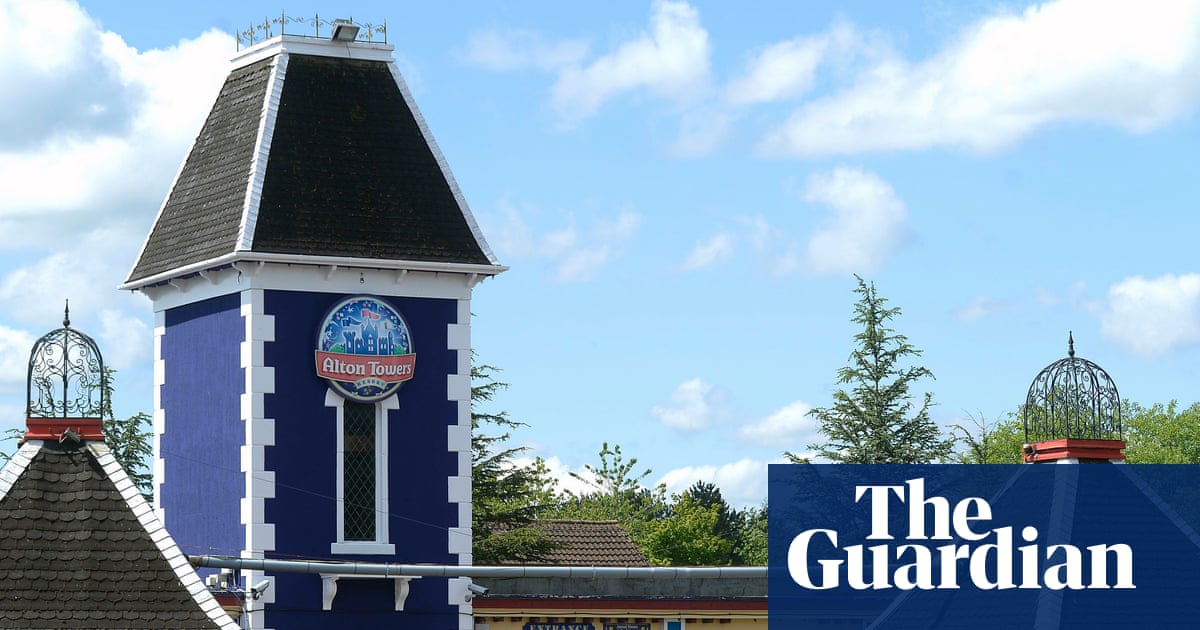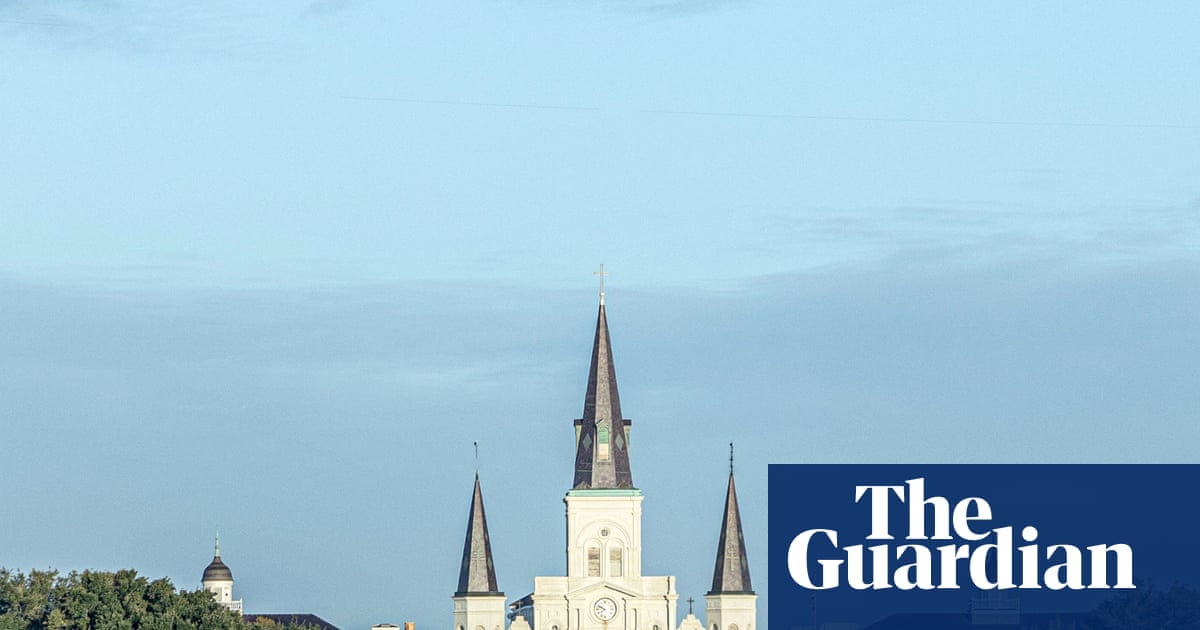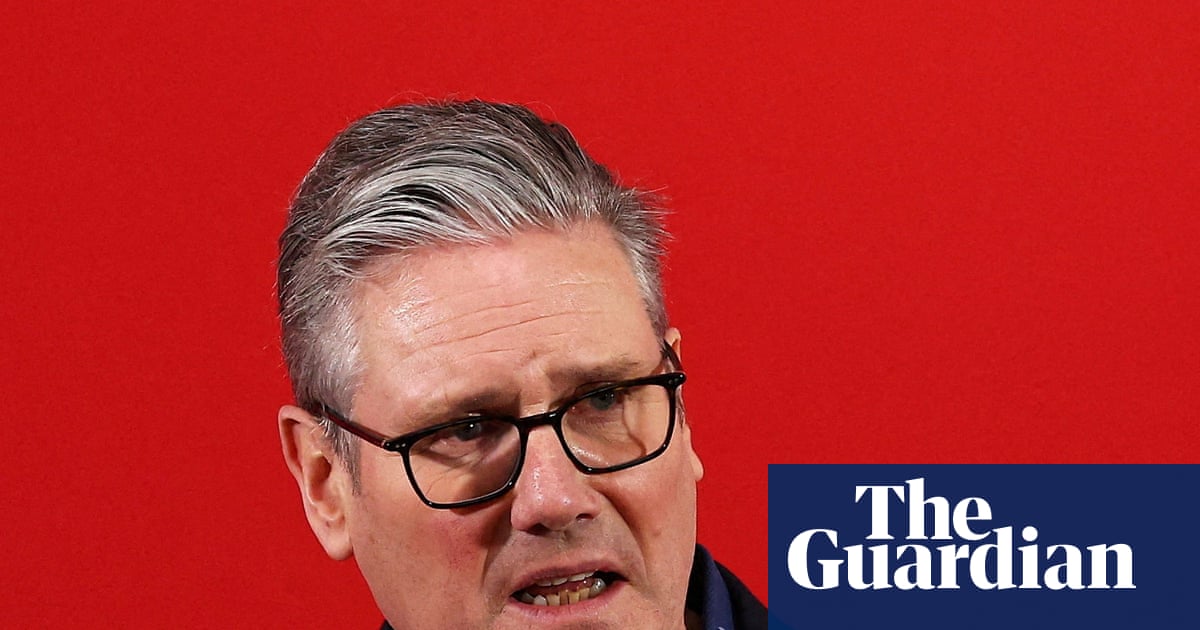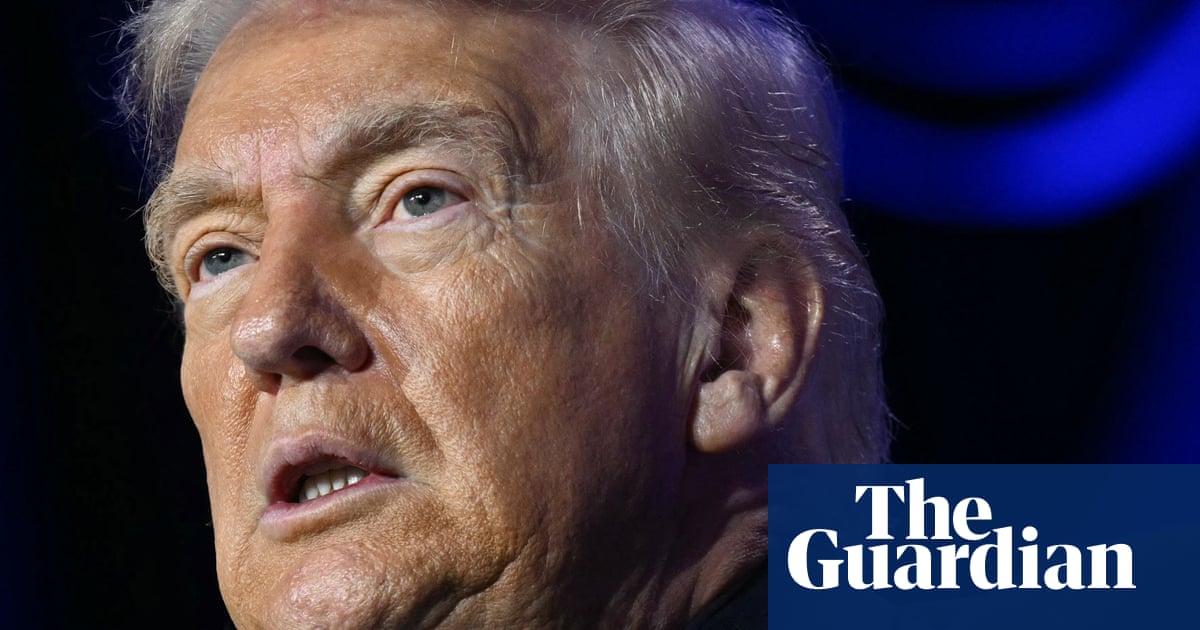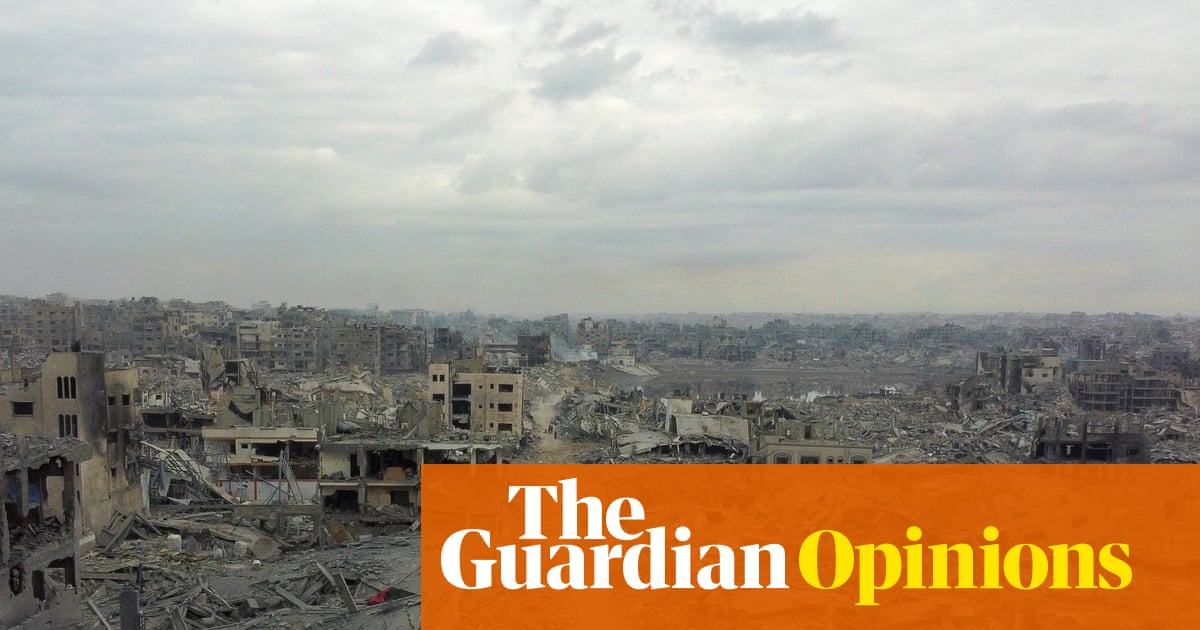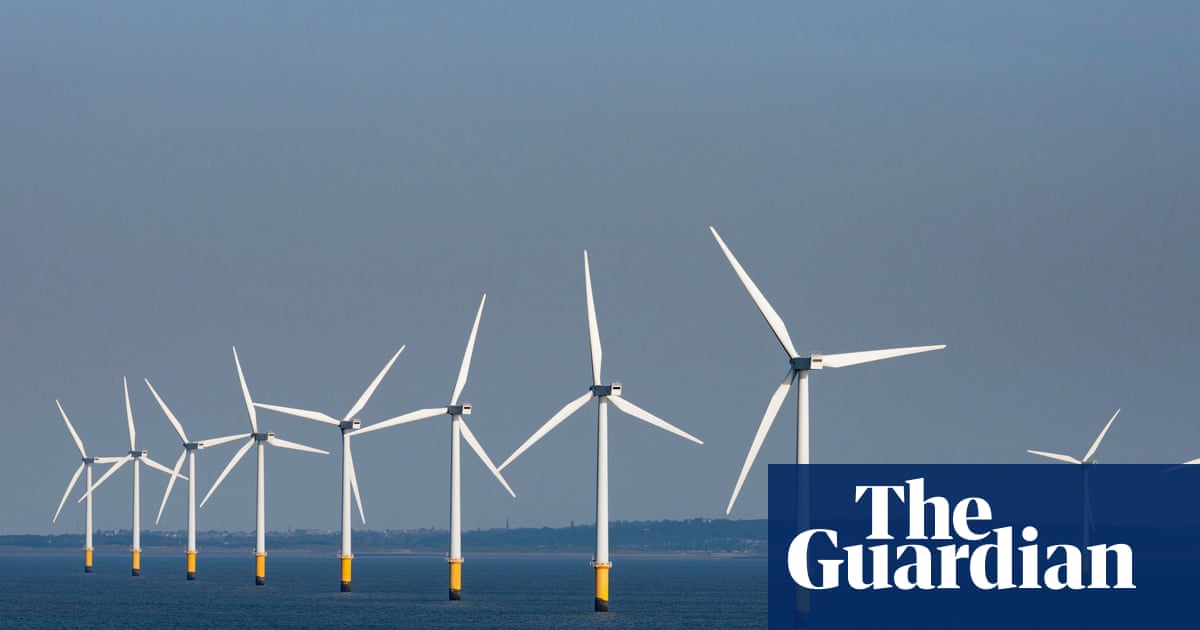Donald Trump’s crusading threat to invade Nigeria and save Christians from Islamist terrorists is typical attention-seeking. Surely even he must realise that unilateral US military intervention would invite disaster. And he’s got his facts wrong. The threat of Islamist terrorism is real, but it affects Nigerian Muslims as much, if not more, than Christians. There’s no evidence of genocide, contrary to the alarmist claims of US far-right internet warriors. Trump’s intervention was about politics, not faith.
In speaking out, he was massaging a key domestic constituency, not acting from genuine, God-fearing concern for “our cherished Christians” in a land he’s never visited. Christian nationalist votes helped clinch Trump’s two presidential victories despite the obvious insincerity of his professed beliefs. His support among white evangelical Protestants is much higher than the average – 72% in April, compared with 40% among all US adults. Trump’s histrionics about Nigeria were primarily for their (and his) benefit.
Cynical efforts by political leaders to harness and exploit religious sentiment are as old as human society. Through his conversion, the fourth-century Roman emperor Constantine co-opted the rising power of Christianity. Medieval popes battled European monarchs who presumed to rule by divine right. England’s King Henry VIII, a self-worshipping misogynist like Trump, even invented his own (Anglican) church. Until 1946, Japan’s Shinto emperor counted himself a living god. The House of Saud gained in authority from overseeing Islam’s holiest sites. And given the way he behaves, Iran’s ageing supreme leader must surely have a direct line to Allah.
Today’s generation of secular authoritarian leaders is similarly intent on exercising absolute power. They, too, are eager for the legitimisation, influence and leverage established religions can offer. They also demand obedience and subservience from the faithful, the more so now due to an accelerating global religious revival for which their sinful earthly depredations are partly responsible.
Take Vladimir Putin. The personification of evil in Ukrainian eyes, he has successfully recruited the Russian Orthodox church to his cause. Its primate, Kirill, “Patriarch of Moscow and all Rus”, enthusiastically endorses Putin’s neo-imperial ambition to restore the so-called “Russian world” and reinforce “traditional” conservative values. For Kirill, Ukraine is a “holy war”. The late Pope Francis called him “Putin’s altar boy”.
Narendra Modi operates on an altogether higher plane. His seductively mystical conflation of Hinduism, India’s majority religion, with his chauvinist brand of ultra-nationalism has won him three consecutive terms as prime minister. Supporters say he has divine powers. Critics say a messianic personality cult is undermining democracy. Amid rising anti-minority hate speech, India’s 200 million Muslims recall the 2002 pogrom in Gujarat, when Modi was chief minister, and pray it’s not repeated.
Compared with Modi, Recep Tayyip Erdoğan, Turkey’s Islamist populist president, has feet of clay – the Book of Daniel’s biblical metaphor for a kingdom lacking firm foundations. For more than 20 years, the “new sultan” has chipped away at secular shibboleths governing public life, education and the wearing of headscarves. Fears that he plans a new Islamist constitution fuel the latest backlash. Turkey’s experience shows how dangerously divisive and undemocratic the politicising of faith can be.
If they’re unable to co-opt believers, authoritarian states seek to control or suppress them. China is one of the worst. Under Xi Jinping, leader of the officially atheist Communist party, religious persecution has increased significantly. Muslims in Xinjiang and Buddhists in Tibet suffer appalling abuses. Last month saw a renewed crackdown on unauthorised Christian “house churches”. A 2016 Xi diktat requires the “Sinicisation” of all religions.
The reported worldwide revival in religious observance and spiritual practice poses a challenge to authoritarian exploitation and political control, and comes in direct reaction to it. In the US, where Trump routinely pits Christians and Jews against Muslims (behaviour seen again in last week’s New York mayoral election), a recent survey found 31% of respondents believe religion is gaining influence in American life – the highest figure for 15 years. And 59% welcome the change.
In the UK, church attendance is growing, especially among young men, after years of decline, a Bible Society poll indicated. Similar trends are evident among European Catholics, with gen Z setting the pace. In France, baptisms of 18- to 25-year-olds have more than quadrupled since 2021. Likewise, globally, attendance at Shinto shrines and Buddhist retreats is reportedly up. In Turkey and India, too, the politicisation of religion has increased engagement among younger people. Some reject it, others embrace it.
Numerous factors explain the resurgent interest in established belief systems. Economic insecurity and an impersonal, digitalised world exacerbate social isolation, feeding a need for belonging, meaning, community and identity. Today’s global hellscape of war, conflict and want is frightening; faith may vanquish fear. Demographic change, including migration, boosts church and mosque congregations in countries such as the UK.
after newsletter promotion
And then, like the saints of antiquity, there are inspirational figures who command popular attention. One such is Sister Albertine, a charismatic Catholic online influencer, who offers prayers and advice to more than half a million Instagram and TikTok followers @soeur.albertine. First the Hot Priest, then the Hot Rabbi, now the Hot Nun. But it’s serious stuff. Online platforms like Albertine’s play an expanding role in carrying religious ideas to the disenfranchised, alienated young.
Demand is plainly growing. In a world where authoritarian leaders trash the old rules-based order, where brute force, injustice, inequality and the relentless despoliation of nature are the norm, where genocide goes unpunished and war criminals thrive – and where truth and morality are warped and twisted to serve secular political ends – is it really any wonder people yearn for a different, better, faithful way?
In order to hope, to banish despair, to stay sane, it seems people of all nations need something to hold on to. They need to believe. God knows, it could be the next big thing.
-
Simon Tisdall is a Guardian foreign affairs commentator

 2 months ago
73
2 months ago
73


